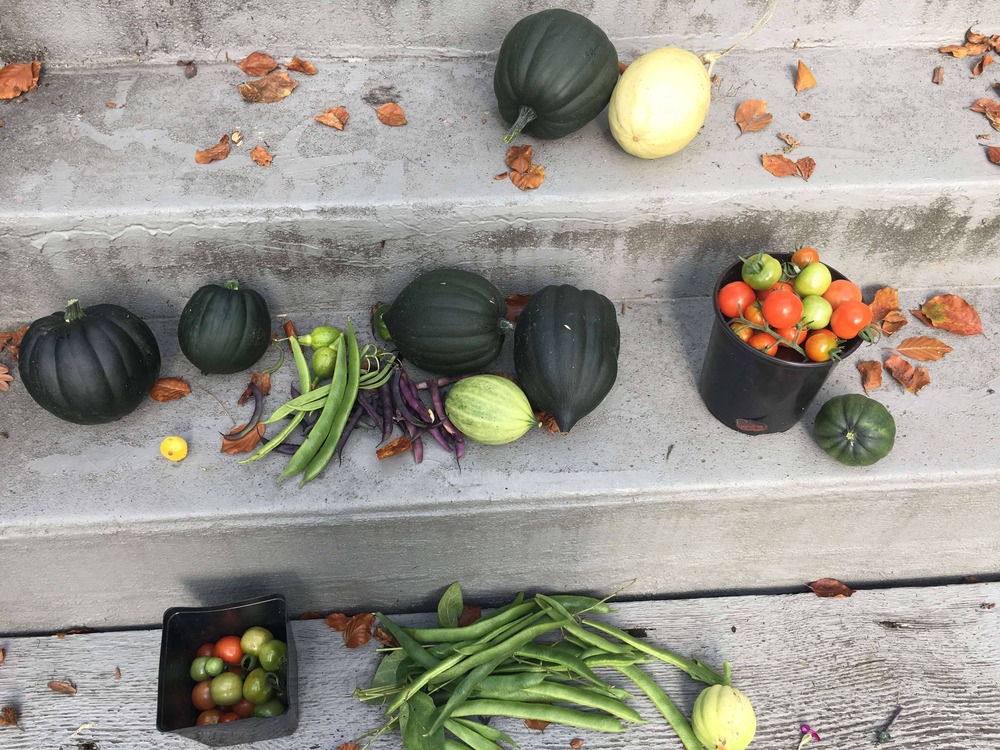I live as though in a vigil, waiting for my child to heal from the slow injuries of school, which for many people represents a place of nurture and discovery, yet for him became an arena of exhaustion where survival eclipsed joy and the aftermath has demanded a long convalescence that feels almost like watching over someone after battle.
The shimmer of before
Each day Google Photos delivers images from years past, bright with flying hair and flushed cheeks, playgrounds filled with laughter, moments of vitality that gleam so starkly against the muted present, and the contrast between then and now presses its sharp edge against my heart, because those pictures remind me of what once was abundant but now feels painfully scarce.
The quiet life of a bedroom
Since March he has remained mostly in bed, leaving only for necessities or the ritual exchanges of shared custody, with his iPad serving as both window and lifeline, a place where he spends fourteen hours a day submerged in streams of content that occasionally spark into curiosity, giving rise to conversations that mark the fragile return of his voice, his interest, and his capacity to reach outward again.
Small resurrections
I hold close the details: the hair brushed before it could mat into a single immovable mass, the baths taken twice in one week after long stretches without, the sudden desire to tell me about the virtues of a phone that permits complete control over settings, all of which may appear minor but within the landscape of retreat feel like the first green shoots breaking through scorched ground.
The ache of righteousness
Yet my mind returns obsessively to the thousand warnings I gave—the repeated pleas that his accommodations be honoured, that support be provided, that burnout was inevitable if care was withheld—and though I gain no satisfaction from being right, I replay those moments as if my memory could retroactively force recognition, and the righteousness aches rather than consoles, because the price of their refusal is borne in his body.
The weight of other people’s expectations
One of the heaviest burdens is the steady stream of comments from others, who assure me the housework will ease when the children move out, or who suggest paying him to do chores, never grasping that this future they imagine does not belong to him, and their words feel like blows because they assume milestones he may never meet, leaving me misaligned and always on the verge of tears in a world that has no language for my reality.
The shadow of guilt
I often wonder if he kept going to school longer than he could bear simply because he wished to please me, whether he swallowed a thousand tiny hurts each day until they gathered into collapse, and the thought that his devotion became his undoing creates a distance between us that grief deepens, even though I know his endurance also testifies to the depth of love that binds us still.
School as war
I once believed, or at least hoped, that public education would be a place where he might find belonging, yet in hindsight it resembles nothing so much as war, because it stripped his strength, hollowed his joy, and left him wounded in ways I struggle to describe, and while his father still asks when he will return, my silent prayer remains never, because I will not offer him again to a battlefield that has already claimed too much.
A mother’s hope
Even so, I choose hope, though it is hope tempered by fairness, hope without denial of what has been lost, hope that honours the slow, uneven rhythms of recovery, and so I keep vigil, marking each bath, each brushstroke, each shared discovery, because within those small resurrections I see proof that his spirit has not been extinguished, and I believe that in time his vitality will find its way back into the open air.
-
I only asked for gentleness: on parenting a PDA child in a punishing world
There is a certain kind of child—intuitive, emotionally articulate, wired with a startling perceptiveness about power and tone, about coercion and choice, about the invisible terms of adult authority—whose presence in the classroom becomes, almost immediately, a threat to the institution’s rhythm, a…








